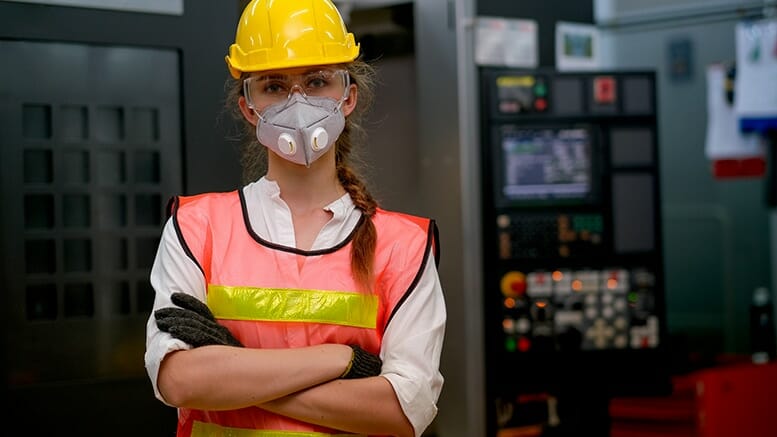Shifting More Toward CTE
Prior to the coronavirus pandemic, El Paso Community College (EPCC) in Texas was already shifting from being primarily an academic transfer institution to expanding more of its career and technical education (CTE) programs based on local demand for those skills among employers, according to President William Serrata.
“I believe the pandemic will accelerate this shift,” said Serrata, chair of the American Association of Community Colleges (AACC) board of directors, during a panel discussion Friday at the virtual Education Writers Association National Seminar.
AACC and its member colleges are preparing for an increase in demand for skills acquired through CTE and STEM-related courses. The association for some time has advocated for Congress to extend Pell Grant eligibility to certain short-term programs, which will be critical to help many dislocated and unemployed individuals find good-paying jobs during the current economic climate.
Individual two-year colleges also are pressing on locally to help workers transition into new jobs and careers. EPCC is continuing with plans to add 425,000 square feet, nearly three-fourths of which will go toward CTE or STEM-related programs, such as transportation, automotive and diesel technology, and logistics, Serrata said. The college saw a 20 percent increase in enrollment in these programs prior to the pandemic, and it anticipates continued growth, he said.
TE programs at community colleges have long had advisory boards composed of company leaders in various fields who inform colleges such as EPCC about what skills are needed, Serrata said.
“Those will become even more important to build those relationships, … so that the field is telling us exactly what they need, and we are turning on a dime to provide that,” he said.
Matt Sigelman, CEO of Burning Glass Technologies, a leading labor market analytics firm, said there is an opportunity for higher education to create the kinds of programs that are needed for such a transition. Colleges don’t necessarily have to train workers “from the ground up, as if a person is a blank slate,” he said. It makes more sense to gauge the skills of displaced workers and augment their skills for new jobs.
“That’s why training programs historically have been unsuccessful,” Sigelman said. “They keep people out of the workforce for a long time.”
Source:
American Association of Community Colleges

